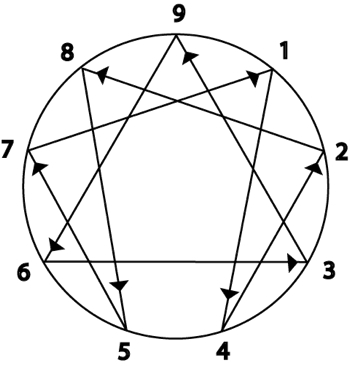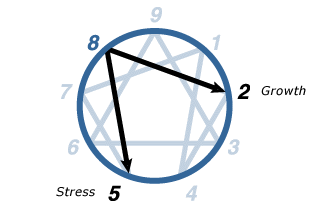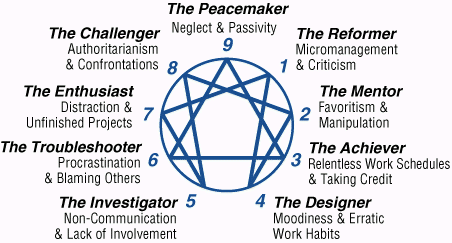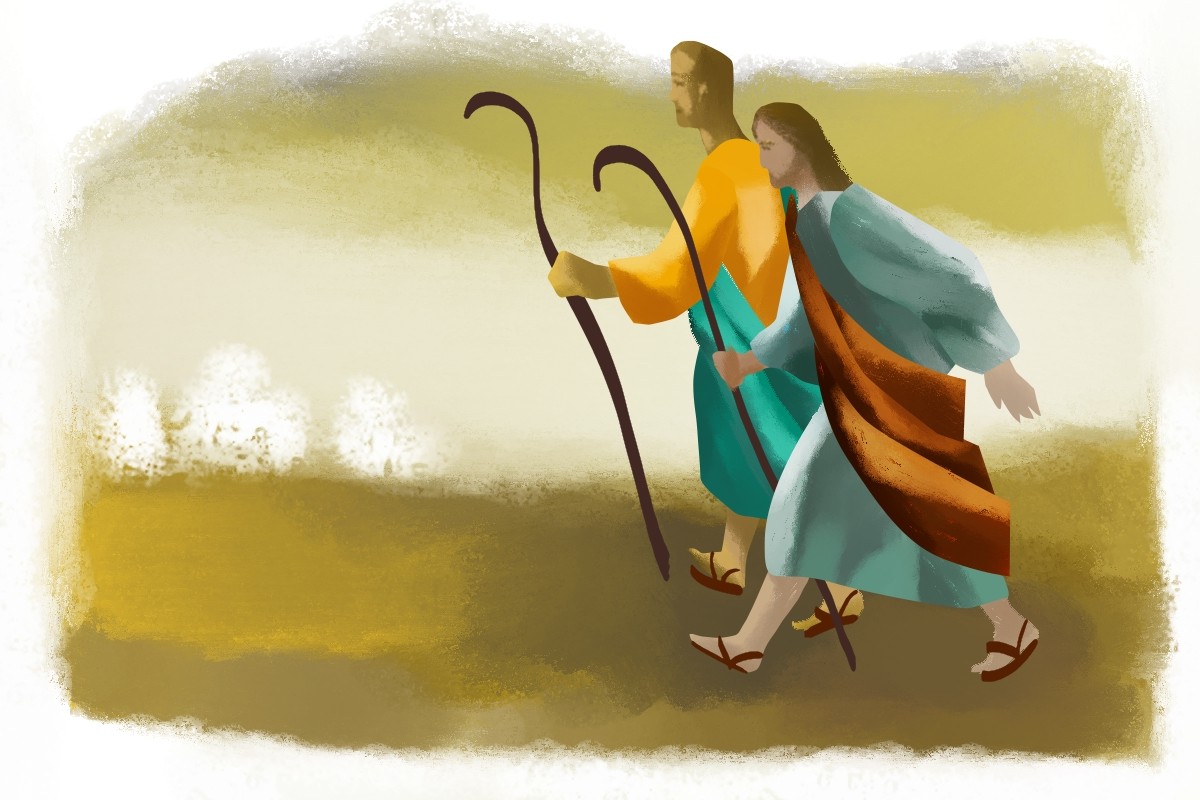This is part 2 of 3 in a series on Being Christian.

Flickr user stewartjames – Creative Commons License
I’ve recently been trying to make it a habit to live life with more of an interior Christian disposition. But I ask myself, what does it mean to be Christian? I know people whose Christianity oozes from them. They shine with a kind of joy and love that touches everyone around them. They have an enthusiasm for life. It’s more than their personality; its an intentional choice of disposition: they choose to live a life of integrity and love that blesses others in their presence with dignity and kindness. How do they manage this?
This coming Sunday the church celebrates Pentecost, when after Jesus’ ascension the Holy Spirit descended onto the disciples like tongues of fire and they all begin to speak in different tongues. The scripture uses words like “astounded” and “amazed”. Those gathered are astonished, captivated, and animated. This is the beginning of an identity that will eventually become known as “Christian”. It took time for the Jesus movement to shift from an identity of a new kind of Judaism to something wildly different. The excitement and zeal that spilled out from the Pentecost scene I believe is the kind of zeal that ought to animate us as Christians. We need to be Spirit-moved. This doesn’t mean we can’t experience sorrow or doubt or suffering—that’s a reality of life. It means we allow the Spirit of God into our very beings and allow that Spirit to shape our disposition.
Saint Ignatius doesn’t talk much about the Holy Spirit in the Spiritual Exercises, but he does speak about the “good spirit” that comes from God. Here it needs to be more than a force in our lives that simply pushes us toward God in opposition of the evil spirit. Those whose Christianity affects their disposition make a home for the good spirit, inviting it into their hearts. What’s the fruit of this? The same fruits of the Spirit St Paul writes about: love, joy, peace, patience, kindness, generosity, faithfulness, gentleness, and self-control. “Let us be guided by the Spirit,” Paul says.
To live a Christian disposition we can actually try and exercise these fruits in our daily interactions with others. Seek out opportunities to share love and kindness through a smile or eye contact. Choose to be gentle and patient in a frustrating moment. Have a manner of peace. The mark of a Christian disposition is love—love others can see and feel.
 The Enneagram
The Enneagram
One of the best tools to bring ourselves to a Christian disposition is the Enneagram. The Enneagram is a personality model that groups all people into nine personality types. What’s unique about the Enneagram compared to other personality models is that its purpose is to free us from our fears and compulsions. Each type is characterised by a particular motivation like truth, perfection, or faith (to name three). And the way you strive for that goal will manifest itself in a negative or positive disposition. Let me give you an example:
I am an Eight (aka, The Challenger). The Eight’s basic desire is to be in control and also strive for truth.
At their best (consolation), Eights use their courage to try to achieve their vision for the common good, they fight for justice, and are natural leaders.
At their worst (desolation), Eights try to defy others to get their way, they can be combative, and do whatever they can to protect themselves.
Each type when they are in consolation or desolation will tend to appear like another type. When in desolation the Eight moves toward the Five and becomes insular and closes themselves off from others. When in consolation the Eight moves toward the Two (aka, The Helper) and are caring of others.

Here’s where the Ennagram helps us be freed from our worst selves. If the Eight wishes to move toward consolation, its best self, or as The Ennagram: A Journey of Self Discovery (which I highly recommend) says, be “redeemed” from its compulsion and fear, it can take on the “pride” of the Two: helping and caring. While Jesus confronted injustice like an Eight, he did it to help redeem people.
The Enneagram is an extraordinarily helpful tool for self-examination that focuses us outward to the ways we engage with one another. The book I linked to above, written by three religious, is the best book on the Ennagram I’ve ever read and even looks at the ways Jesus, the model of the perfect human, exhibits the healthy characteristics of all nine types. This way the Enneagram becomes a tool for creating a healthy Christian disposition. Even though there are quizzes online, the best and most accurate way to determine your type is by reading about them.
Here are some more resources:
- The Enneagram: A Christian Perspective by Richard Rohr, OFM
- The Enneagram Institute – Online resources and information about all the types
- The Fast Accurate Enneagram Test – A very quick way to figure out your type
https://www.youtube.com/watch?v=Aq9nRszFcM8
Listen to an audio version of this post…
Music by Kevin MacLeod









I was just thinking yesterday about how the Enneagram helped me understand myself and others. Learning that I was an Eight, and that all my growth could occur along that spectrum (in other words, I didn’t have to magically wake up and be a six one day) was a comfort and inspiration. Great post!
I came to this post via the link in your recent post We are all Chip… I’ve never really come across Ennegram before. I’ve spent most of the past week researching online and reading the book you suggest The Ennagram: A Journey of Self Discovery. it’s left me thoroughly confused as any test I do seems to give me about 5 numbers pretty much evenly scoring and reading the descriptors didn’t bring any further clarity! I presume I’m simply one helluva mixed-up kid… (only less of the “kid” as i’m about to retire! 😀 )
I can relate deeply in myself to the darkness inherent in each of the 9 points…
Trying ot figure out which number I was led to disintegration and desolation… so I’ve stopped trying. Oh the relief of stopping trying… 😀
However, the book seems to be saying “accept yourself as you are, bring your brokenness/fragility to God, let Him sort it” and that’s simply to reiterate what I’ve come to know through experience over the years.
Hi Dorothy – Cheers to you for your effort. We all have some of the nine types within us. It’s just that we have a dominant type. This article may be helpful to you: https://www.enneagraminstitute.com/misidentifications-of-enneagram-personality-types/
As you quoted, accept yourself as you are! That’s what’s important. I’ve found that as I further discovered my type it gave me extraordinary insight into how I tend to operate. If I were you I’d still have fun reading through the various types, exploring. Perhaps you’ll eventually start to notice which one describes you better (keeping in mind we do not have ALL the characteristics of a given type). Sometimes reading about each type’s movement with or against the arrows (disintegration vs integration) can be helpful, too (https://www.enneagraminstitute.com/how-the-enneagram-system-works/#directions).
Thanks for reading!
Andy
I’ve already pored over the https://www.enneagraminstitute.com/misidentifications-of-enneagram-personality-types/ analyses and it only serves to confuse me further… maybe there’s something to be understood from my ambivalence, need to “get it right”, fear of deciding wrongly, inability to make up my own mind but somehow subconsciously waiting for an authority-figure to tell me what Type I am… which I strongly suspect would make me a 6… but as trying to work it all out is unsettling, I’ve decided to revert to my normal state of “God, I’m a mess… please untangle me…” which seems to work most days… at least, days I start like that go far, far better than days I start with “God, I’m not even sure you’re there… I’d better go it alone”…. 😀